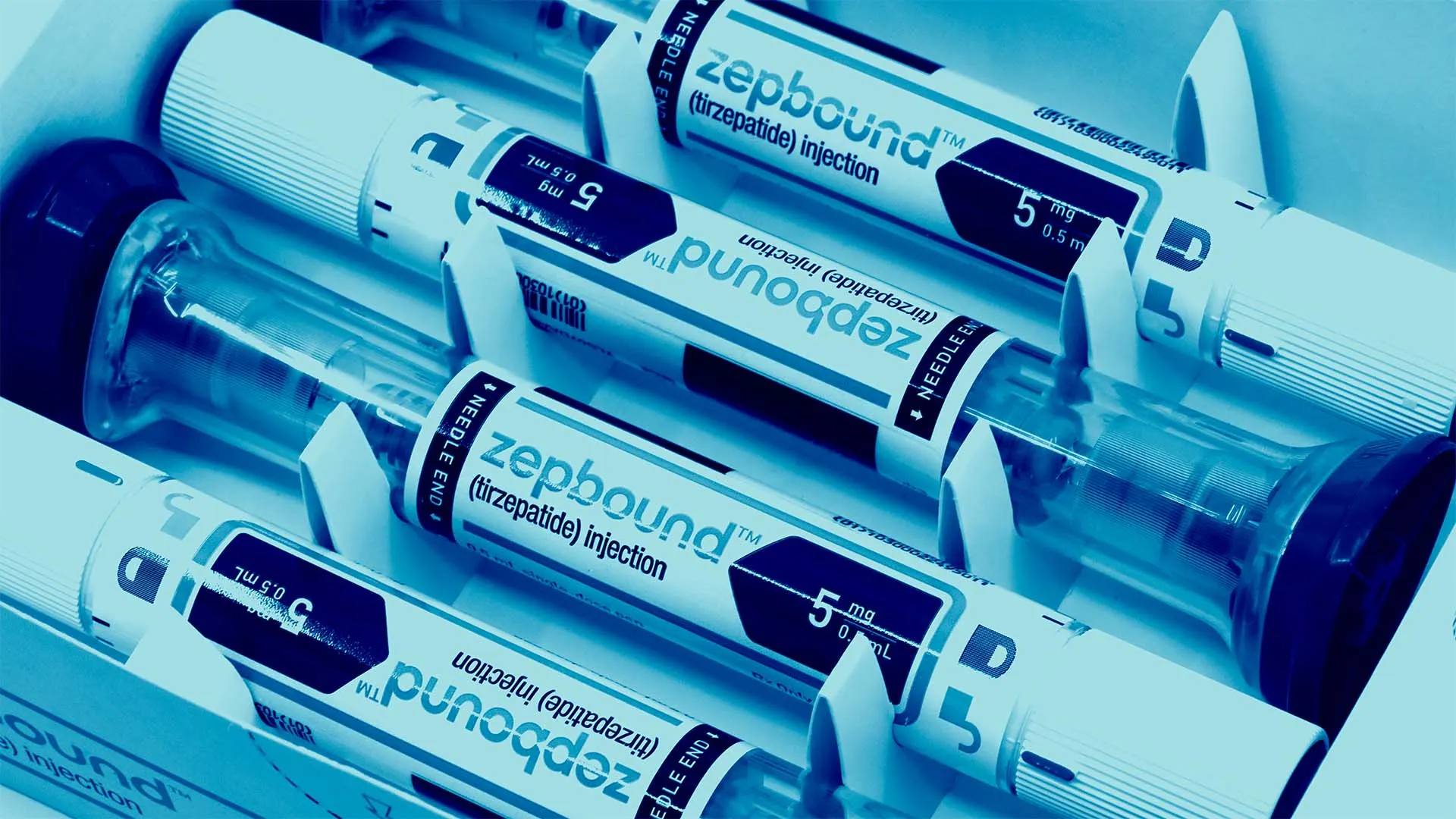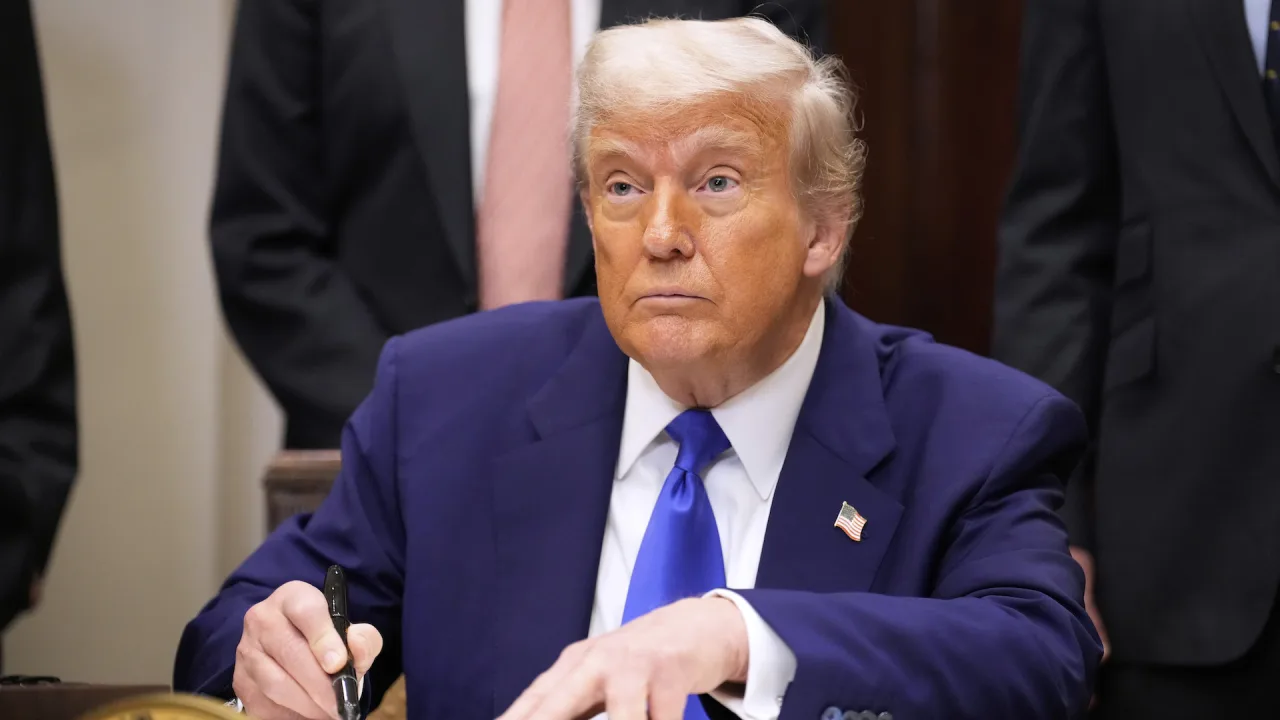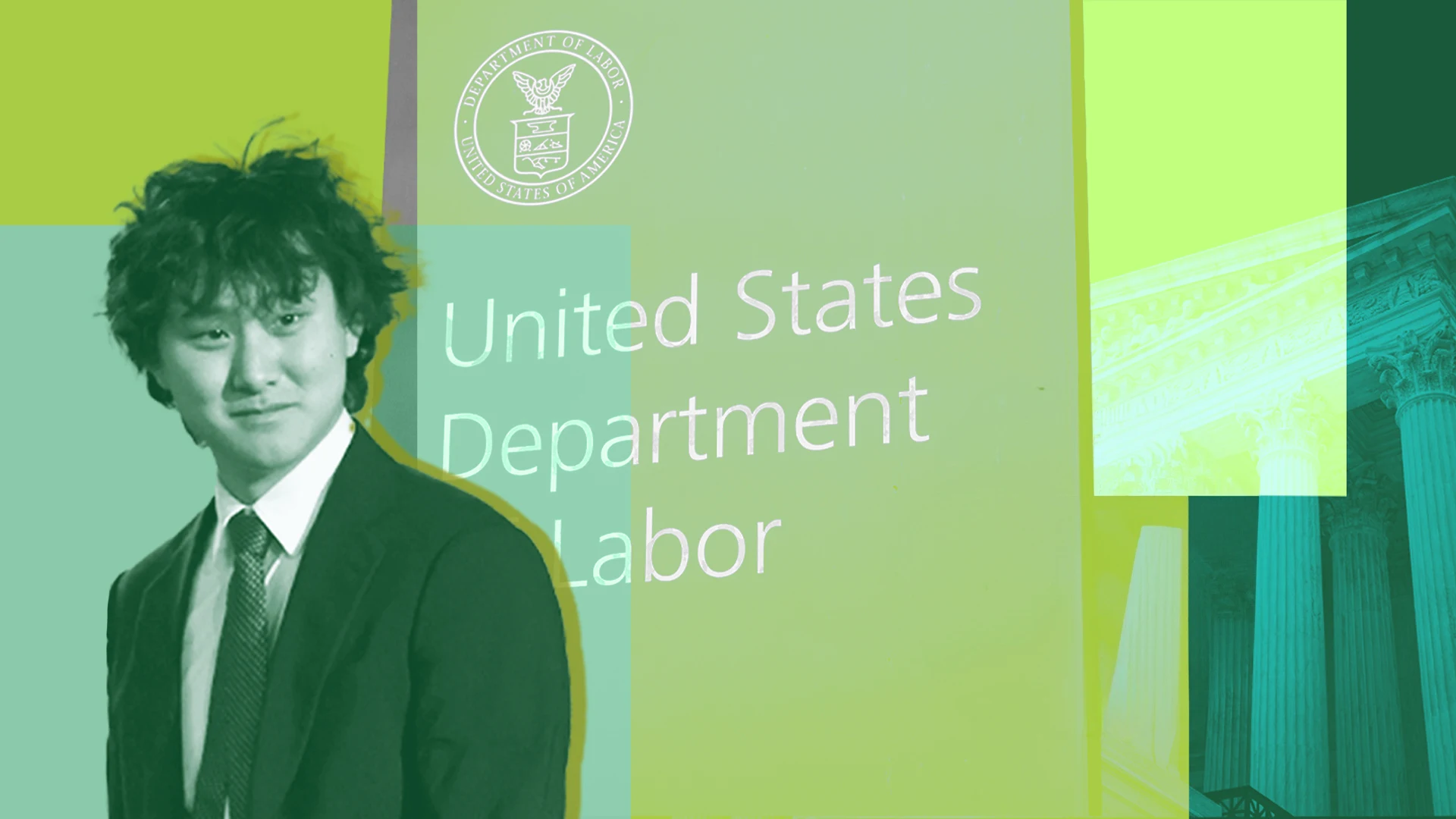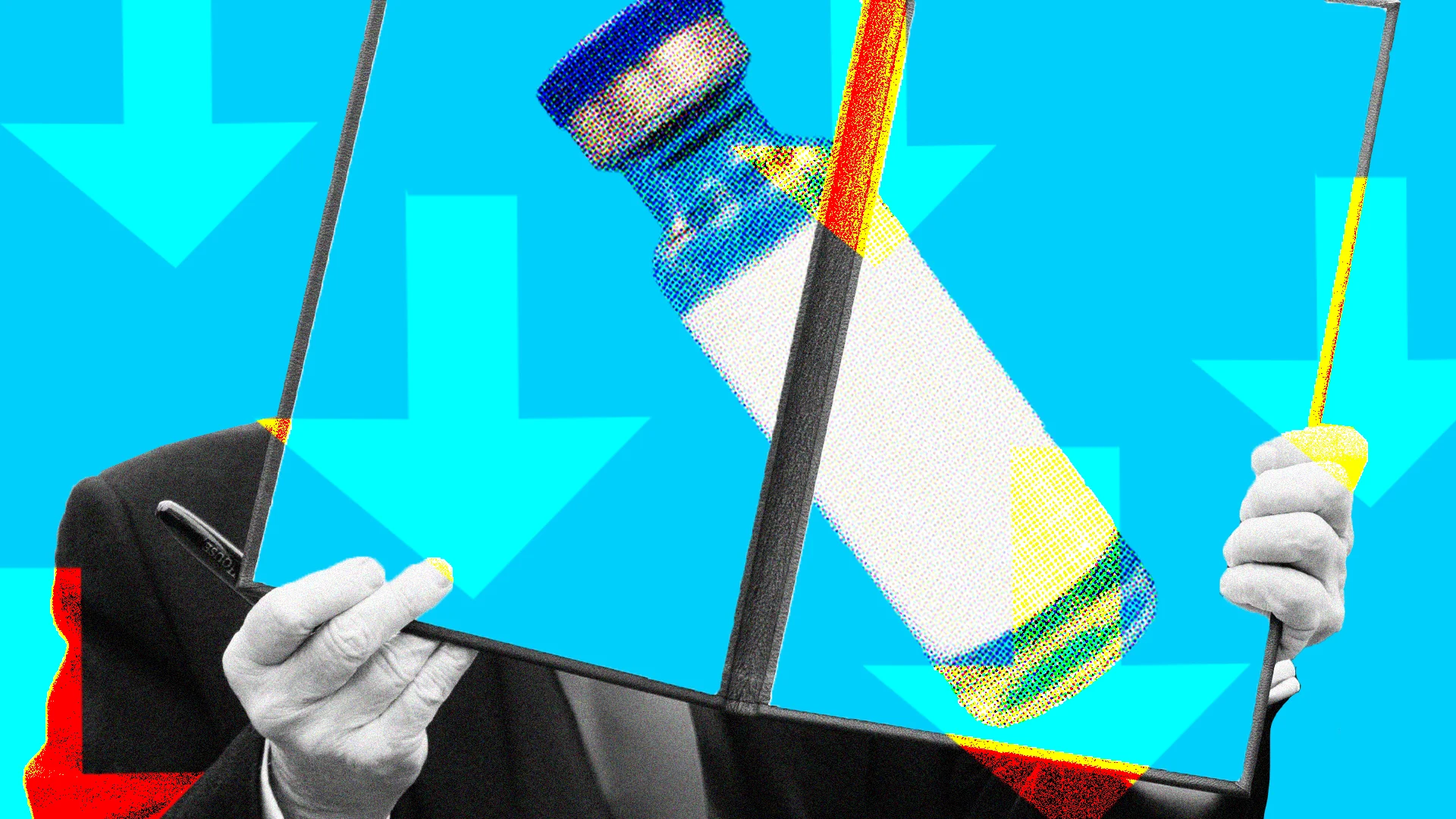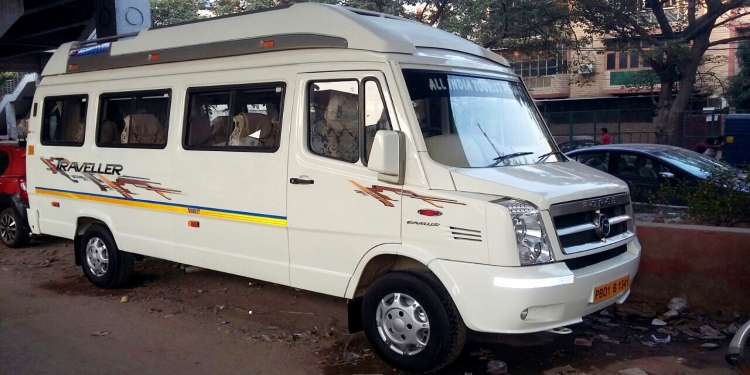What to Expect from a Professional Home Inspection in Charlottesville?
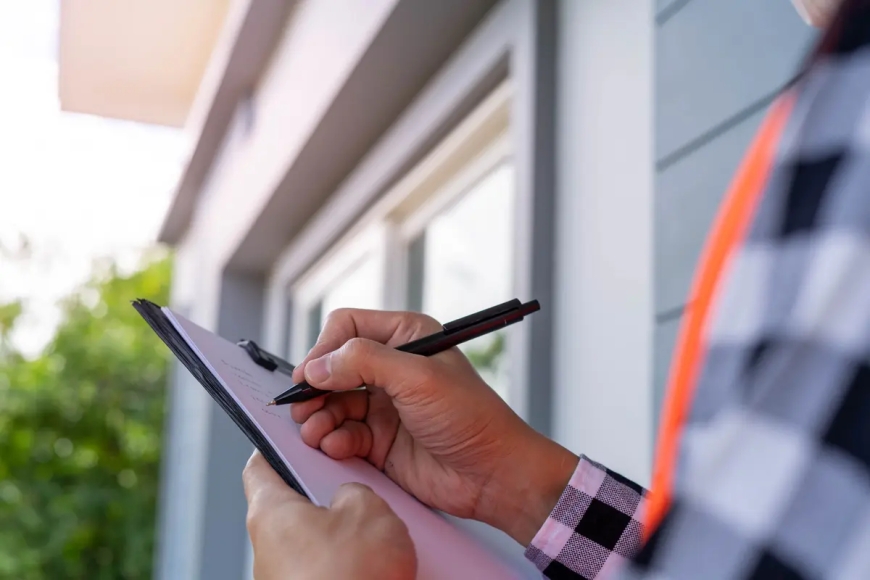
Buying a home is one of the biggest investments most people ever make. That’s why it’s so important to know exactly what you’re getting into before signing any paperwork. One of the best ways to do that? Hire a professional home inspector.
If you're buying or selling a home in central Virginia, especially in areas like Charlottesville, knowing what to expect from a professional home inspection can help you prepare, avoid surprises, and make confident decisions. This guide will walk you through what home inspectors in Charlottesville VA, typically cover, what the findings might mean, and why every detail matters.
What Is a Home Inspection, Really?
A home inspection is a visual evaluation of a house’s physical structure and major systems. It’s performed by a licensed or certified home inspector who follows state or national standards of practice. The inspector’s job is to observe, document, and report the condition of various parts of the home, so the buyer or seller knows what issues might exist, either right now or in the near future.
It's not a pass/fail exam. The inspector won’t give the house a grade, but rather, provide an honest and comprehensive overview of its condition.
When Does a Home Inspection Happen?
In most real estate transactions, the home inspection takes place after an offer has been accepted, but before the final closing. It’s often a contingency in the contract, meaning the buyer has a set period (usually 7 to 10 days) to conduct the inspection and decide whether to move forward, renegotiate, or walk away based on the findings.
What Areas Do Home Inspectors in Charlottesville Evaluate?
A thorough home inspection in Charlottesville covers all the major systems of a home. Let’s break down each area and what’s typically included.
1. Roof and Exterior
What’s Inspected:
-
Shingles, flashing, and gutters
-
Chimneys
-
Siding, stucco, or brick exteriors
-
Doors and windows
-
Porches, balconies, and decks
-
Driveways and walkways
-
Drainage around the home
What the Findings Might Mean:
Minor wear on shingles may be common with age, but missing or damaged ones can signal future leaks. Improper drainage can lead to water intrusion in basements or crawlspaces. Rotten deck boards or railing issues may present safety hazards.
2. Foundation, Basement, and Crawlspaces
What’s Inspected:
-
Visible cracks in foundation walls
-
Moisture or water damage
-
Evidence of settling or structural shifting
-
Ventilation and insulation in crawlspaces
What the Findings Might Mean:
Hairline cracks are usually cosmetic, but wider or horizontal cracks might be structural concerns. Water intrusion is common in Charlottesville due to clay soil and seasonal rain—persistent moisture can lead to mold, rot, or foundation instability.
3. Interior Components
What’s Inspected:
-
Walls, ceilings, and floors
-
Stairs and railings
-
Windows and doors
-
Attic access and insulation
-
Evidence of leaks, staining, or settling
What the Findings Might Mean:
Uneven floors may hint at structural movement. Water stains could suggest roof leaks or plumbing problems. Gaps around doors and windows might signal foundation shifting or poor installation.
4. Plumbing System
What’s Inspected:
-
Water supply and drainage pipes
-
Water pressure and temperature
-
Faucets, toilets, bathtubs, and showers
-
Hot water heater
-
Visible signs of leaks or corrosion
What the Findings Might Mean:
Old or corroded piping, especially galvanized steel, could fail in the future. Low water pressure might indicate blockages or undersized pipes. Water heater age and condition are key for upcoming replacement costs.
5. Electrical System
What’s Inspected:
-
Main service panel and subpanels
-
Circuit breakers and wiring
-
Outlets and light fixtures
-
Ground fault protection (GFCI)
-
Smoke and carbon monoxide detectors
What the Findings Might Mean:
Double-tapped breakers, missing GFCI outlets, or outdated wiring (like knob and tube) are all safety hazards. Improper wiring is not only a fire risk but could also impact your ability to get homeowners insurance or a mortgage.
6. Heating, Ventilation, and Air Conditioning (HVAC)
What’s Inspected:
-
Furnace or boiler condition
-
Air conditioner performance
-
Ductwork
-
Thermostat function
-
Filters and overall system age
What the Findings Might Mean:
An older HVAC system (15+ years) might still work, but could be less efficient or nearing end-of-life. Dirty filters or blocked ducts can affect air quality and system performance. HVAC repairs can be costly, so this area is worth special attention.
7. Appliances and Laundry
What’s Inspected:
-
Kitchen appliances (stove, oven, dishwasher, range hood)
-
Laundry hookups and dryer venting
-
Garbage disposal
-
Built-in microwaves
What the Findings Might Mean:
Non-functional appliances are generally considered minor issues, but can add up in replacement costs. Improper dryer venting is a common fire hazard flagged in many inspections.
8. Attic and Insulation
What’s Inspected:
-
Roof structure from the inside
-
Ventilation
-
Type and thickness of insulation
-
Signs of pests or mold
What the Findings Might Mean:
Poor ventilation can lead to excess moisture and mold. Insufficient insulation affects energy efficiency. Signs of pests like squirrels or rodents may mean entry points need to be sealed.
Common Issues Found by Home Inspectors in Charlottesville, VA
While no home is perfect, certain issues pop up more frequently in this region due to climate, soil type, and construction practices. These include:
-
Moisture in basements or crawlspaces
-
Roof wear due to heat and snow
-
Pest activity (termites, carpenter ants, rodents)
-
Older plumbing (especially in homes built before 1970)
-
Electrical panels that are no longer up to code
Understanding how to interpret these findings will help you plan, budget, and negotiate.
What’s Not Covered in a Standard Home Inspection?
It’s important to know what’s not typically included in a basic home inspection:
-
Septic system or well water testing
-
Asbestos, lead paint, or mold testing
-
Radon testing
-
Pool or hot tub inspection
-
Termite inspection
-
Chimney sweeping or in-depth fireplace evaluation
You can often add these as optional services or bring in a specialist for a separate inspection.
What Happens After the Inspection?
Once the inspection is complete, the home inspector will generate a written report—usually within 24 to 48 hours. This report includes:
-
Summary of findings
-
Photos of issues
-
Detailed notes on each component
-
Recommendations for further evaluation or repair
How to Read the Inspection Report
At first glance, the report might seem overwhelming, especially if it’s dozens of pages long. But keep in mind:
-
Not everything is urgent. Some items are simply maintenance suggestions.
-
Focus on safety and major systems. Structural issues, electrical problems, and water intrusion are the most serious.
-
Ask questions. If you don’t understand something, reach out to the inspector for clarification.
How Findings Can Affect the Sale
Depending on the outcome of the inspection, you may decide to:
-
Proceed with the purchase as-is
-
Request repairs or credits from the seller
-
Negotiate a lower price
-
Back out of the deal (if your contract allows)
A home inspection isn’t meant to “kill deals,” but it does give buyers leverage when serious issues arise.
What If You're the Seller?
Even if you're not buying, understanding what home inspectors in Charlottesville VA look for can help you prepare for your own sale. Many sellers opt for a pre-listing inspection to address problems proactively and avoid surprises during negotiation.
Tips to Get the Most from Your Inspection
-
Attend the inspection if possible. Walking through the house with the inspector gives you a better understanding than the report alone.
-
Ask questions on the spot. Inspectors are usually happy to explain what they’re seeing.
-
Take notes or photos. You might spot things to investigate later.
-
Review the summary first, then dive into the full report.
-
Prioritize repairs based on safety, function, and cost.
Final Thoughts
A home inspection is more than just a checkbox on a to-do list—it’s your chance to learn exactly what you’re buying or selling. Whether you’re purchasing your first home, upgrading, or preparing to sell, working with experienced home inspectors in Charlottesville VA ensures that no surprises are hiding behind the walls or under the floors.
By understanding what to expect from the inspection process, you can approach your real estate transaction with confidence, clarity, and a solid plan for the future.

